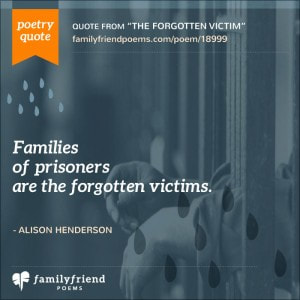 I have a relative who's between a rock and a hard place right now. Her husband is in prison, and bad as that is, it's not as life-changing as losing the income he contributed to their household. She now has 1/3 of the money she's used to, with all the debt. She can't possibly make ends meet. Because she's part of a large and supportive extended family, she's going to be OK. Some people can give her a little money. Others can help get debts forgiven. Some can call and visit and help her through the stress and emotional pain of her situation. What if she wasn't part of our family? She'd be like most people in the world when trouble hits -- broke, hungry, lonely, probably homeless, potentially resorting to some substance or other to dull the pain. It's very nearly the same impact that people suffer when they're shunned by their community. I know groups that believe shunning protects the rest of the group by getting rid of those indulging in bad behavior. One can't think too much about the shun-ee, because the inhumanity of this practice is tough to justify. Isn't that what we're doing, though, as a greater society? Shunning, ostracizing, marginalizing -- call it what you will. There are people we don't approve of, or don't understand, or are afraid of, so we choose to ignore their existence. When I moved to a conservative suburban community after I divorced, believing it to be a good environment for my kids, I was shocked to learn that some neighbors wouldn't allow their children to play with mine, because I was divorced. I don't know what they thought was wrong with that -- was I a troublemaker? Needy? Bad at relationships? A victim who would suck others into my problems? I have no idea, but we definitely weren't part of those people's definition of the neighborhood. Steering clear of people or situations we don't understand is a common practice and has been for hundreds of years. But the more urbanized our culture becomes, the more cost there is to avoidance. We need to know and care about the people near us. Everybody needs a hand once in a while. If we don't care, if we don't participate in the whole spectrum of our society, we're eventually going to have so many broken, hopeless, scarred neighbors that society as a whole will crumble. The few can't support the many. Maybe you're scared. Maybe someone married to a man in prison is uncomfortable for you. Maybe someone who suffered an injury and was over-prescribed pain medication seems weak or irresponsible. It doesn't really matter why people strike us as different. The important thing is that we overcome those differences. We need to talk to the stranger, feed the hungry, warm the un-sheltered. We don't have to put ourselves in danger, but we do have to care. If we cease to care, what are we?
0 Comments
dMy son-in-law keeps fish. He's nuts about them. I think we have seven tanks going right now, with lots more parts and plans and ideas floating about. The big tank holds 150 gallons and is home to a few varieties, but mostly goldfish. They're showy creatures, and if you watch long enough, you start to see behavior patterns, even attitudes. There's a definite pecking order. There's a deep sense of entitlement, especially with regard to food. They've learned to swarm in the corner where food gets placed, to indicate that they want some. They are beautiful and entertaining. One night I was dozing back there, keeping an eye on the baby while the kids were out. I woke up in the wee hours and looked toward the crib to make sure my grandson was still asleep, and I saw a fish in the tank beyond the crib that scared the bejeezes out of me. I had no idea such a critter existed, let alone lived among us. He's a plecostomus named Morpheus. Apparently he's nocturnal, and he eats the algae off the glass, keeping the tank ecology balanced. Now that I know what he is, I'm fascinated. I didn't get a photo, but my first view was his belly, as he hung from the glass by his large round mouth. Seriously large. Of course he was all black in the night, a dramatic contrast to the shiny goldfish gently glowing in the dim light. He's also about ten times the size of the largest goldfish. I swear I thought I was looking at a monster or alien or some unknown invading creature. Or maybe I was dreaming. I was seriously creeped out. The plecostomus has a chameleon-like camouflage ability that helps it stay hidden in the shadows. When he's out at night, alone, fairly sure that his tank-mates are asleep, he changes from a near-solid black to an intricate scale-like pattern that blends with the rocks and gravel. He doesn't want to be seen. He may believe he's homely and a social misfit. Even when food is provided, he waits, in the dark, in the quiet shadows. The bright goldfish eat everything. When they finish their flakes, they go after the plants -- leaves, roots, everything. They pick at the rocks looking for specks that might have been missed. They compete with one another and race to grab food before the next guy can get to it. Still, Morpheus waits. Not until long after everyone else has settled down for the night does he slowly emerge. He's very careful to stay away from the others, even though they're asleep. He carefully places himself against a wall or a rock and extends his lips. These are serious fish lips. Wait, let me find a picture... He eats only what the others leave behind. He doesn't compete. He doesn't hurt anybody. He doesn't need the fresh, best food. He doesn't need attention. All he needs is to be allowed to live among the others, unobtrusive, only taking enough to survive.
Why, do you think, does this fish community remind me of Portland? 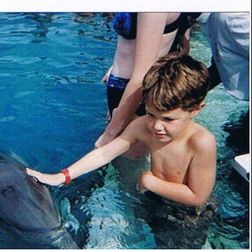 My son and his girlfriend have been living in a small one-bedroom apartment with their cat for the past year. I basically kicked them out of our house when my daughter announced her pregnancy, since living space is the one asset we have that could help our grandson get off to a good start in life. Bill and Simone have been struggling and making do, and hopefully they're learning more of what it takes to make it in this not-user-friendly society we've created. It's Bill's birthday today, and I just saw him briefly. They have new roommates, he says. A couple with a dog and a cat. A pregnant cat, it turned out, so now also seven kittens. I assume the newcomers are settled in the living room, since the bedroom is occupied and the kitchen is tiny. He sounds good about all this, though. There's more help with expenses and always somebody to hang out with, and they all love animals. This is a typical living situation for their generation. Kids born in the 90s just missed the booming economy of the 80s and the affordable college of last century. We lost our nest egg in 2001, when Bill was 11. Overcrowded schools, an ADD diagnosis, a propensity toward anxiety, and a gentle spirit don't provide much support for a young teen. Three college attempts resulted in quite a few non-transferable units and a good chunk of student loan debt. Jobs? Yeah, good luck with that. Even those with master's degrees are working in call centers and driving buses. It's not just this particular decade. Baby boomers who were patriotic enough to serve in the military are now experiencing poverty and over-extended veteran's programs. We take leftover donuts to them and just that small kindness makes their day. Veterans commit suicide at nearly 40 times the rate that soldiers die in combat. It's estimated that at least half of the homeless people in America are veterans, mostly over 60 years old. Happy birthday, Bill. Here's the bright future we promised you. We hope you enjoy the used clothes, hand-me-down car, and cheap food. In a country that was built on cooperation, community, opportunity, and vision, we haven't done much to protect and maintain those values. Watch your backs, retirees. There's a spirit of revolution brewing. |
AuthorSusie Snortum is passionate about improving society's compassion for meeting basic human needs -- food, shelter, clean water, and dignity. Archives
September 2020
Categories |
We appreciate your support!
Hours
|
Telephone
|
Email
|
ADDRESS: 17850 NW Park View Blvd, Portland, OR 97229 United States
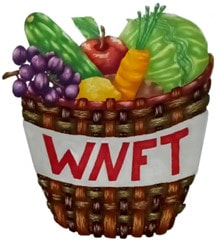
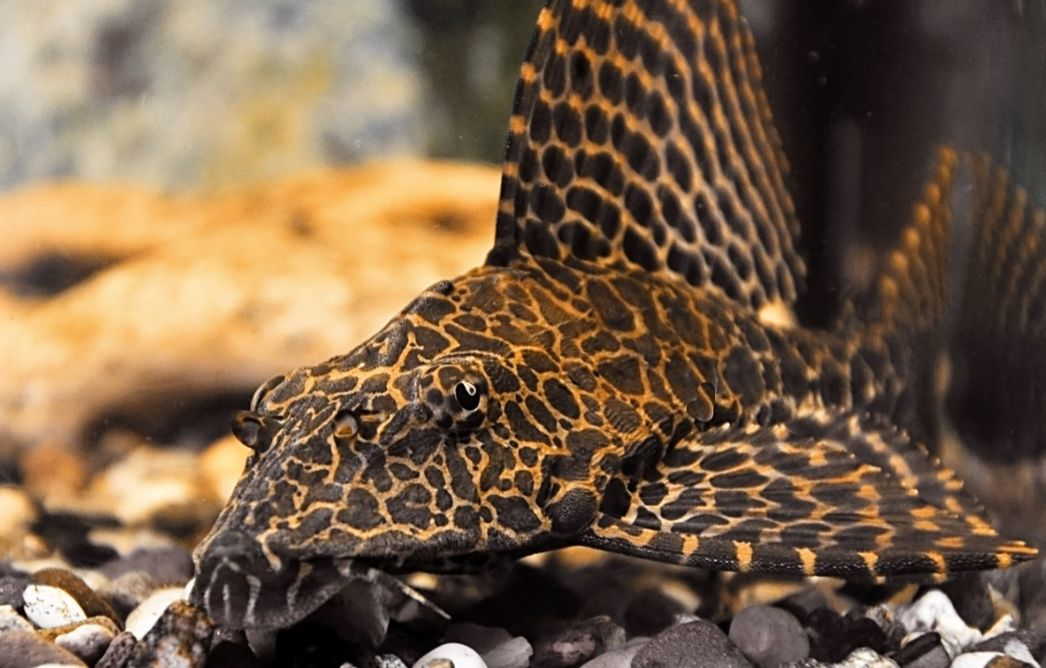
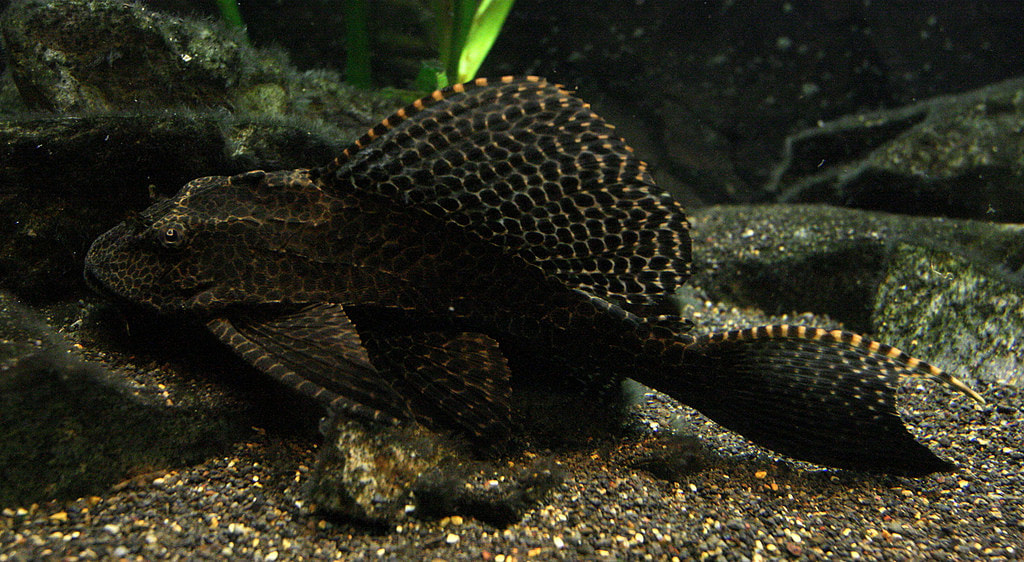
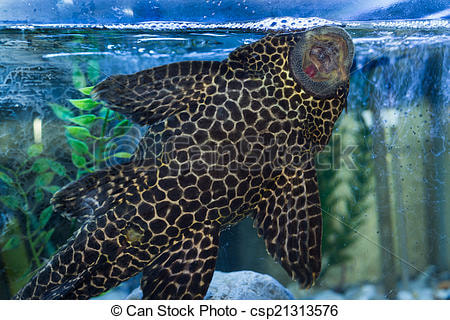
 RSS Feed
RSS Feed